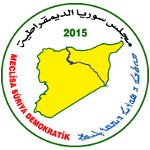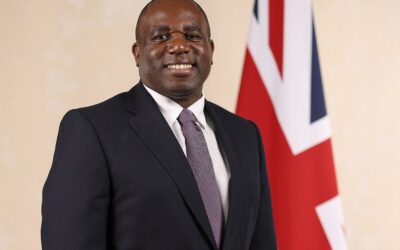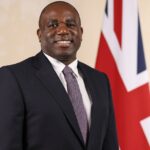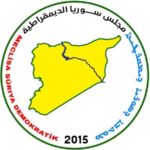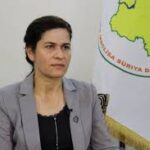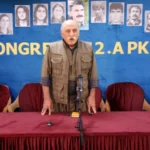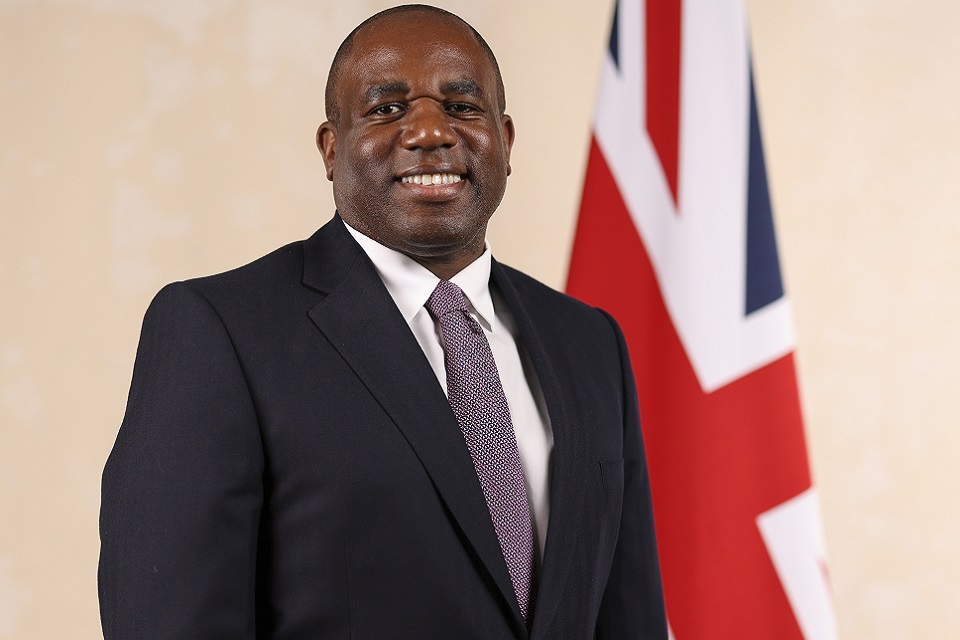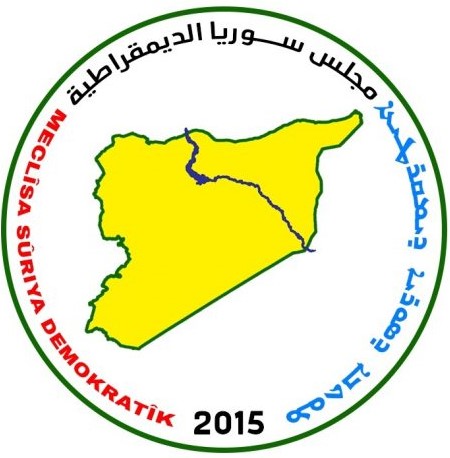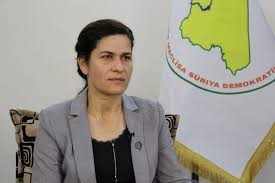PRESS RELEASE- A New Era in the Kurdish Conflict
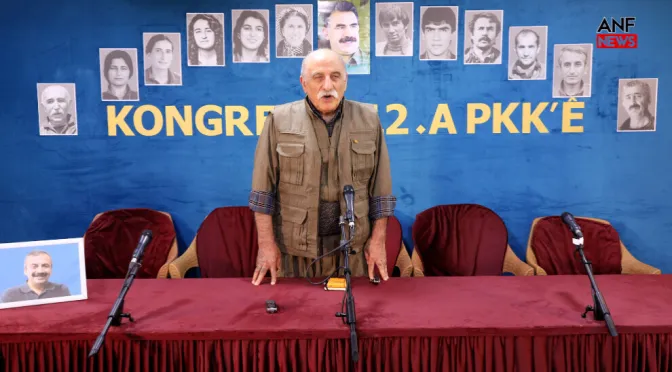
Today, the Kurdistan Worker’s Party (PKK) released a statement, announcing the results of the 12th Congress dissolution of the PKK, and the ongoing struggle for socialism in the process of Peace and Democratic Society. This statement comes as a result of its 12th Congress held from the 5th to 7th of May, in which the party convened to discuss Kurdish People’s Leader Abdullah Öcalan’s February 27th call for “Peace and a Democratic Society”, and the road ahead. Within this statement, Leader Öcalan had called for the party to lay down weapons convene a congress to dissolve itself, and to continue the struggle though political, legal means. In doing so, Leader Abdullah Öcalan took responsibility for initiating a new era of democratization in Turkey through the resolution of century-old Kurdish Question.
With a total of 232 delegates participating, the 12th PKK Congress took historic decisions, marking the beginning of a new phase for the movement. The Congress assessed that the PKK’s struggle has broken the politics of denial and destruction against the Kurdish people, bringing the Kurdish issue to the point of resolution through democratic politics. Through this revolutionary approach, the movement has become a symbol of the search for a dignified life and the hope for freedom for peoples of the region. In this regard, the PKK has completed its historical mission. On this basis, the 12th Congress of the PKK, in order to implement the decision of Leader Öcalan has taken decisions to dissolve the organizational structure of the PKK and end the method of armed struggle, and has ended the activities carried out on behalf of the PKK.
Implementation process to be managed and led by Leader Abdullah Öcalan
The decision of the Congress to dissolve the PKK and end the method of armed struggle offers a strong basis for lasting peace and a democratic solution. However, the congress also emphasized that implementing these decisions requires that Leader Öcalan lead and guide the process, that his right to democratic politics be recognized, and that solid, comprehensive legal guarantees be established. Thus, the Congress concludes that at this stage, it is essential that the Grand National Assembly of Turkey play its role with historical responsibility. Likewise, they call “on the government, the main opposition party, all political parties represented in parliament, civil society organizations, religious and faith communities, democratic media outlets, opinion leaders, intellectuals, academics, artists, labor unions, women’s and youth organizations, and ecological movements to assume responsibility and join the peace and democratic society process.”
To Kurdish society: democratic struggle based on the construction of a democratic society
In continuing the process for Peace and Democratic Society, and a global struggle for freedom against oppression, the statement makes specific calls to various audiences. To the Kurdish people, it stresses the vital importance of the ongoing self-organization of society, led which women and youth. “On this basis, we believe that Kurdish political parties, democratic organizations, and opinion leaders will fulfill their responsibilities to develop Kurdish democracy and achieve Kurdish democratic nationhood.”
To democratic forces in Turkey: fostering a shared life in a democratic and just environment
The legacy of the Kurdistan freedom struggle, will grow stronger and thrive through democratic politics, through which “all segments [of society] excluded from power will defend their rights in the process of peace and democratic society, fostering a shared life in a democratic and just environment.” Further, the congress specifically called to Turkey’s left-socialist forces, revolutionary structures, organizations, and individuals to take an active role in this process.
To the international democratic public: international solidarity within the framework of the democratic modernity theory
On an international level, the congress called for all democratic peoples to strengthen international solidarity within the framework of the democratic modernity theory. The process of Peace and Democratic Society and the struggle for socialism, represented by a new phase of Democratic Society Socialism, it proposals, will foster a global democracy movement, creating a just and equal world.
Finally, the Congress invites international powers to “acknowledge their responsibility for the century- long genocide policies against our people, to refrain from obstructing a democratic solution, and to make constructive contributions to the process.”
Remembering Founding members of the PKK: Ali Haydar Kaytan and Riza Altun
In the statement, the PKK also paid tribute to two friends, Ali Haydar Kaytan and Riza Altun, martyred in the struggle. Both are remembered as revolutionaries who embodied the ideology of Rêber Apo, and made important contributions to the struggle.
Ali Haydar Kaytan
Ali Haydar Kaytan (born 26 March 1952 in the Nazımiye district of Dersim, martyred 3 July 2018), also known as Fuad, was a co-founder of the Kurdistan Workers’ Party (PKK) and a member of the executive council of the Kurdistan Communities Union (KCK). He was among the early members of a group along with Abdullah Öcalan, Haki Karer, Mazlum Doğan and Cemîl Bayik which held regular ideological meetings from 1973 onwards and which would later become known as the “Kurdistan Revolutionaries”. He later was among the co- founders of the Kurdistan Workers’ Party, and was sent by Leader Öcalan to Europe to raise support. In 1988, he was arrested as a part of the infamous Dusseldorf trials and carried
out a strong resistance while in prison, entered into a hunger strike several times in protest of the pre-trial detention conditions. He then returned to Kurdistan and became a member of the co-presidency council of the Kurdistan Communities Union (KCK). He is remembered as one of the early comrades of Leader Öcalan, and a symbol of loyalty to the leadership, truth and free life.
Riza Altun
Rıza Altun (born on January 1, 1956, in Qeyserî, martyred September 25, 2019) was a founding member of the PKK, involved in Kurdish political struggle since the the late 1970s. He was imprisoned from 1980 to 1995, and played a crucial role within prison resistance of the period. He held various leadership roles within the organization, including overseeing its operations in Iran and Europe as well as leading the PKK’s Political Committee and Foreign Affairs Committee. His is remembered as a symbol of all those who walk together in comradeship on the road to freedom.

